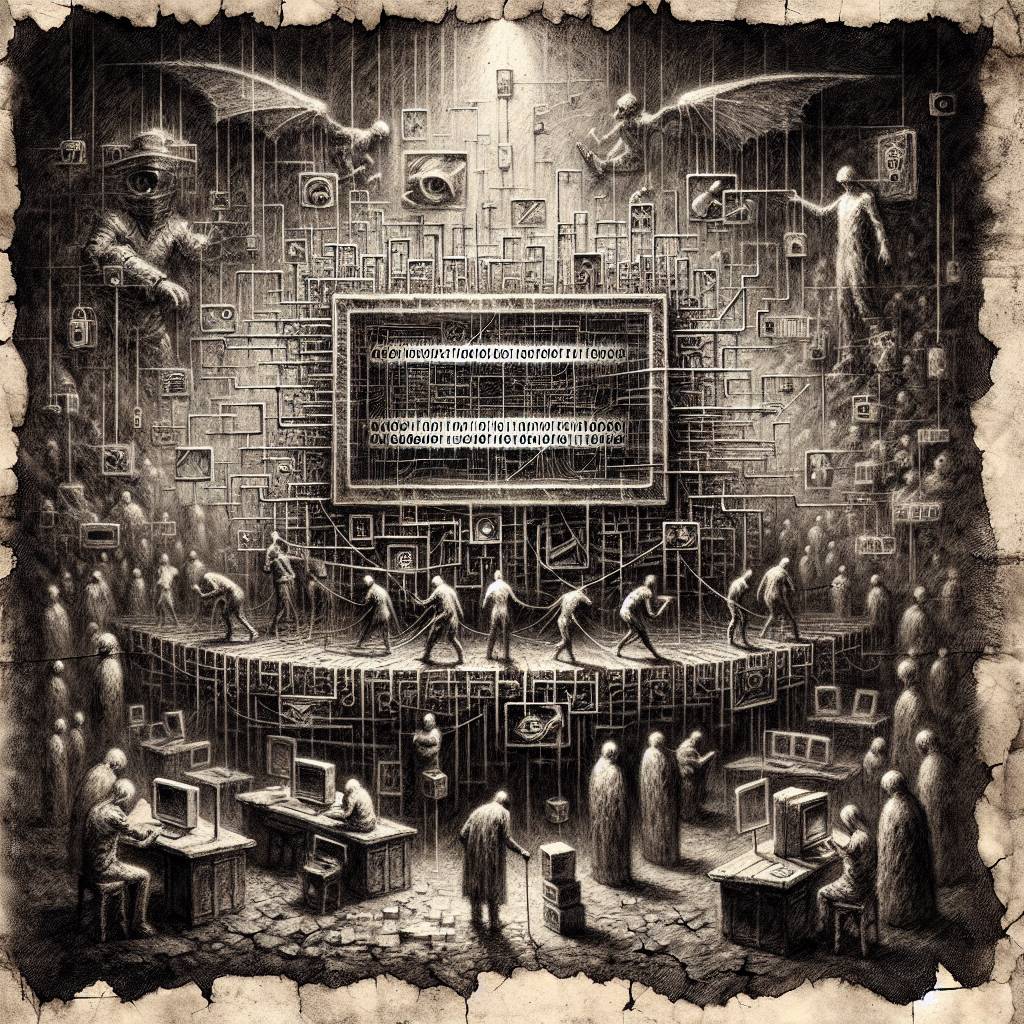Malvertising Mayhem: Fake Captcha Scam Nets Millions in Credential Chaos!
Beware of fake captcha pages! A Lumma infostealer campaign is using malvertising to sneak malware onto your device, exposing your credentials and bank accounts. With over 1 million ad impressions daily, this scheme exploits ad networks, leaving users vulnerable to the darker side of the internet’s advertising ecosystem.

Hot Take:
Who knew that even CAPTCHA could turn into a villainous hacker sidekick? It seems like anything with a digital pulse can be corrupted these days. Maybe it’s time to start questioning if that CAPTCHA is really making you prove you’re not a robot, or if it’s just a robot in disguise trying to steal your Bitcoin. We’re living in a world where even the safety nets have holes, and the supposed guardians of the web are caught napping on the job. Guess it’s time to stay vigilant, folks, because apparently, the only thing more sophisticated than AI is the creativity of cybercriminals!
Key Points:
- Cybercriminals are deploying Lumma infostealer malware via fake CAPTCHA pages.
- Malvertising is being used to exploit ad network vulnerabilities.
- The campaign has reached over 1 million ad impressions daily.
- Ad networks like Monetag are being manipulated to spread malicious content.
- Proactive measures are crucial to prevent future attacks and abuses.
